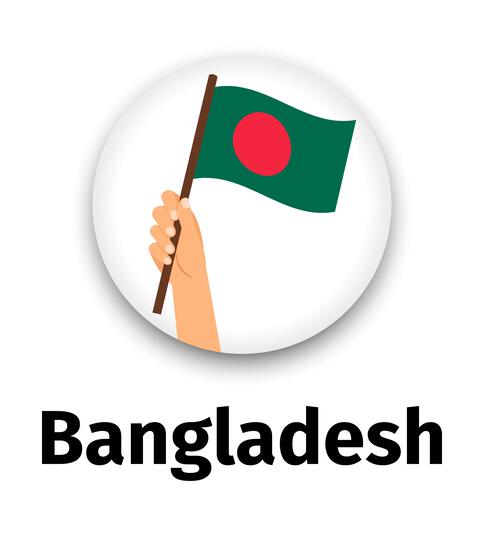Proposal for a Discrimination-Free Bangladesh: A Comprehensive Administrative Reform Agenda
Presented By: Minhaz Samad Chowdhury, Independent Human Rights Defender
Reforming all structural administrative wings and creating a citizens-friendly constitution in Bangladesh would be a monumental task.
1. Constitutional Reform Commission:
Establishment: Form an independent Constitutional Reform Commission comprising legal experts, human rights activists, representatives from various socio-economic backgrounds, and international advisors.
Objective: To draft a new constitution or amend the existing one to ensure it is inclusive, democratic, and rights-oriented.
2. Inclusive Public Consultation:
National Dialogue: Engage citizens from all walks of life through public consultations, town hall meetings, and online platforms to gather input on constitutional reforms.
Public Awareness Campaigns: Conduct campaigns to educate citizens on their rights and the significance of the constitution, ensuring widespread participation.
3. Decentralization of Power:
Local Governance: Empower local government bodies with greater autonomy and resources. This would involve devolving power from the central government to regional and local authorities.
Electoral Reforms: Implement electoral reforms to ensure free, fair, and transparent elections at all levels, including proportional representation to reflect diverse populations.
4. Judicial Independence:
Reforming the Judiciary: Strengthen the independence of the judiciary by establishing a merit-based appointment system for judges, free from political influence.
Access to Justice: Expand access to legal services, particularly for marginalized communities, and establish special courts to address human rights violations and discrimination.
5. Anti-Corruption Measures:
Strengthening Institutions: Bolster the Anti-Corruption Commission (ACC) with more authority, independence, and resources to investigate and prosecute corruption without fear or favor.
Whistleblower Protections: Enact strong whistleblower protection laws to encourage reporting of corruption and misconduct within the administration.
6. Human Rights and Anti-Discrimination Laws:
Legal Framework: Introduce comprehensive anti-discrimination laws that protect citizens from discrimination based on race, religion, gender, disability, and other factors.
Human Rights Commission: Strengthen the National Human Rights Commission with more power to investigate abuses and enforce human rights standards.
7. Civil Service Reform:
Merit-Based Recruitment: Reform the civil service recruitment process to ensure merit-based appointments, promotions, and transfers, reducing nepotism and political influence.
Training and Capacity Building: Provide continuous training to civil servants on citizens' rights, transparency, and accountability, fostering a culture of public service.
8. Economic and Social Reforms:
Poverty Alleviation Programs: Expand social safety nets and poverty alleviation programs, focusing on marginalized communities to reduce economic disparities.
Education and Healthcare: Invest heavily in education and healthcare to ensure equal opportunities for all citizens, regardless of socio-economic status.
9. Freedom of Speech and Media:
Protecting Journalists: Safeguard the freedom of the press by repealing restrictive laws and ensuring journalists can work without fear of persecution.
Public Broadcasting: Strengthen public broadcasting to provide unbiased information and serve as a platform for public discourse.
10. International Collaboration:
Global Standards: Collaborate with international organizations, such as the United Nations, to align Bangladesh's legal and administrative framework with global human rights and governance standards.
Best Practices: Learn from the experiences of other nations that have successfully implemented similar reforms.
11. Monitoring and Accountability:
Independent Oversight Bodies: Establish independent oversight bodies to monitor the implementation of reforms and hold officials accountable for any violations.
Citizen Participation: Encourage citizen participation in monitoring government actions through citizen advisory boards, public audits, and transparency initiatives.
12. Political Will and Consensus:
Building Consensus: Foster a political environment of consensus and cooperation, encouraging all political parties and stakeholders to support the reform agenda.
Leadership Commitment: Ensure that Professor Muhammad Yunus and his administration demonstrate strong leadership and commitment to the reform process, leading by example in transparency and accountability.
Conclusion:
These steps, guided by a visionary leader like Professor Muhammad Yunus, could pave the way for a reformed, citizen-friendly, and discrimination-free Bangladesh. The focus would be on creating a constitution that upholds human dignity, equality, and justice for all citizens, reflecting the aspirations of the people.
Presented By-








No comments:
Post a Comment
Please validate CAPTCHA